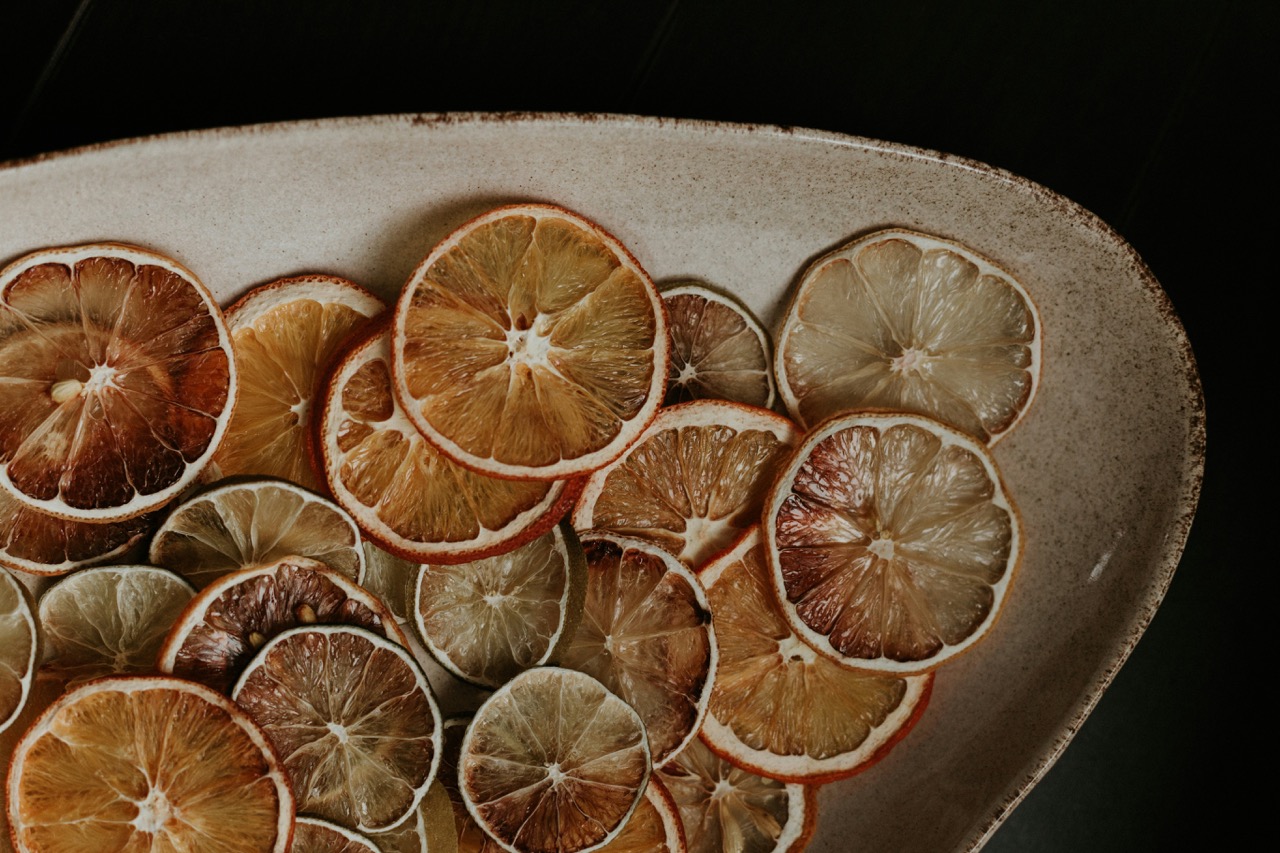Author Chris van Laak
Photographer Amazon, Taiwan Interminds, Ann Lee, Chih Yi Chen
Editor Chih Yi Chen
Gadgets and appliances increasingly come without expansive, printed manuals. Even complicated ones might nowadays come with a QR code that sends their new owners to a YouTube tutorial instead.
Stephan Thome, an award-winning author of nine works of literature, has nonetheless made the great effort to write a 224-page manual for something that surrounds him every day: His adopted home country of Taiwan.
His book, Gebrauchsanweisung für Taiwan (台灣使用指南, “Manual for Taiwan”), which he wrote in his native language German, can be found in the travel section of book stores, but it’s neither simply a guidebook that directs tourists to hotels and famous sights, nor is it an academic treatise or a memoir focused on self-reflection.
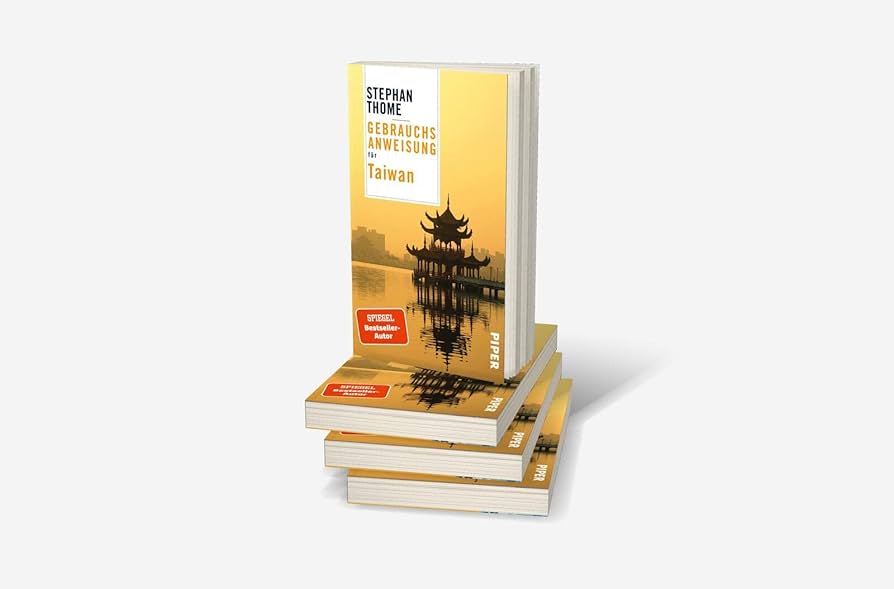
It contains elements of all of them though. What might indeed make it a “manual” is Thome’s detailed exploration of nearly every aspect of life in Taiwan. He seeks to give his readers a deep understanding of the frankly quite complicated thing at hand and help them navigate all its functions.
It is part of a series of books published by Munich-based Piper Verlag that introduces cities and countries around the world, usually with a subjective twist. All books are written by German-speaking authors who have made those places their home—authors who have, as Thome describes it, “arrived as outsiders who slowly became insiders and now reflect on their journey.”
During negotiations ahead of writing the book, Thome told the publisher that his book would be a bit more political than the others of the series—obviously it had to, because Taiwan’s complicated neighbor across the Strait too often dominates everything that’s being said about the country.
How about your own country?
Thome first came to Taiwan in 1996 when he was studying Mandarin, initially on the other side of the Strait. During his visit, he soon realized that Taiwan, or as it was still widely perceived back then, “the other China,” suited him better. Living on and off in Taiwan ever since, albeit rather “on” than “off,” and seeing how the country has changed and emancipated itself, Thome has, as he told me, “taken up the role of the Taiwan explainer” in Germany.
“I find it important that people outside Taiwan get to know Taiwan better,” he said, echoing what many foreigners living here think. Through his writing, however, Thome reaches a larger audience than most others. In his native country, he occasionally writes for the largest newspapers and magazines. His novel Pflaumenregen (“Plum Rain”) is also set in Taiwan.
After speaking on a recently published episode of the Taiwan Scene podcast (Taiwan Scene旅遊瞭望台), he told me that he was initially surprised that Gebrauchsanweisung für Taiwan(台灣使用指南)got so much attention after its Chinese translation was published by Taiwan Interminds (玉山社) last year.
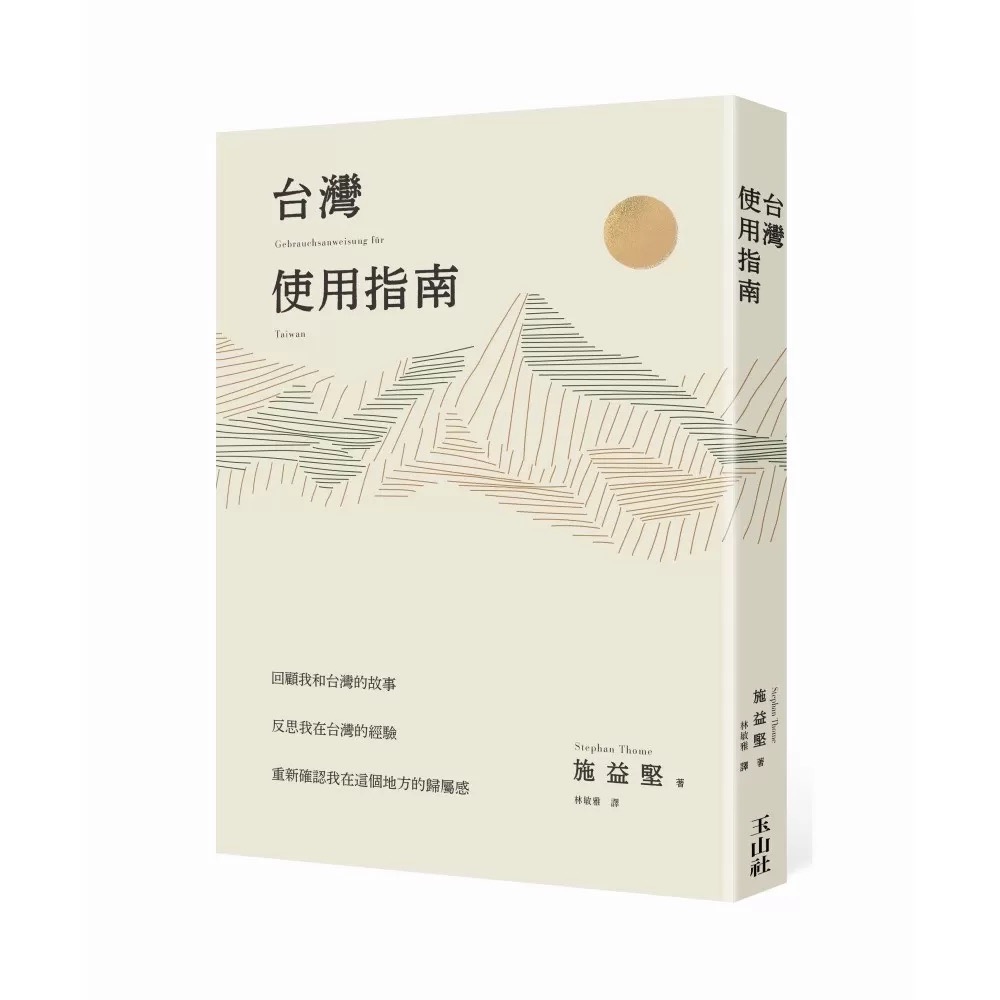
“When writing the book, I was thinking of Germans who don’t know Taiwan, not of Taiwanese who already know their own country well,” he said.
It flew off the shelves regardless.
Between fascination and understanding
There’s indeed something to learn in his book for everyone, including for Taiwanese who can see their country in Thome’s book from what he calls an “insider-outsider perspective.” He said it would be presumptuous to explain Taiwan to Taiwanese, but luckily that wasn’t his goal anyway.
Instead, he describes his 20-plus year journey into Taiwan, delving deeply into the country’s history and politics, but also into everyday-life situations such as visiting a temple with family members ahead of his wedding to his Taiwanese wife.
In the chapter about religion, or rather the colorful assortment of Taiwanese religious practices and beliefs, his “insider-outsider” perspective really shines. Thome, like many other foreigners in Taiwan—like Taiwanese themselves—does not understand everything that’s going on inside a Daoist temple. He is open about this glass ceiling of understanding, especially in this part of the book.
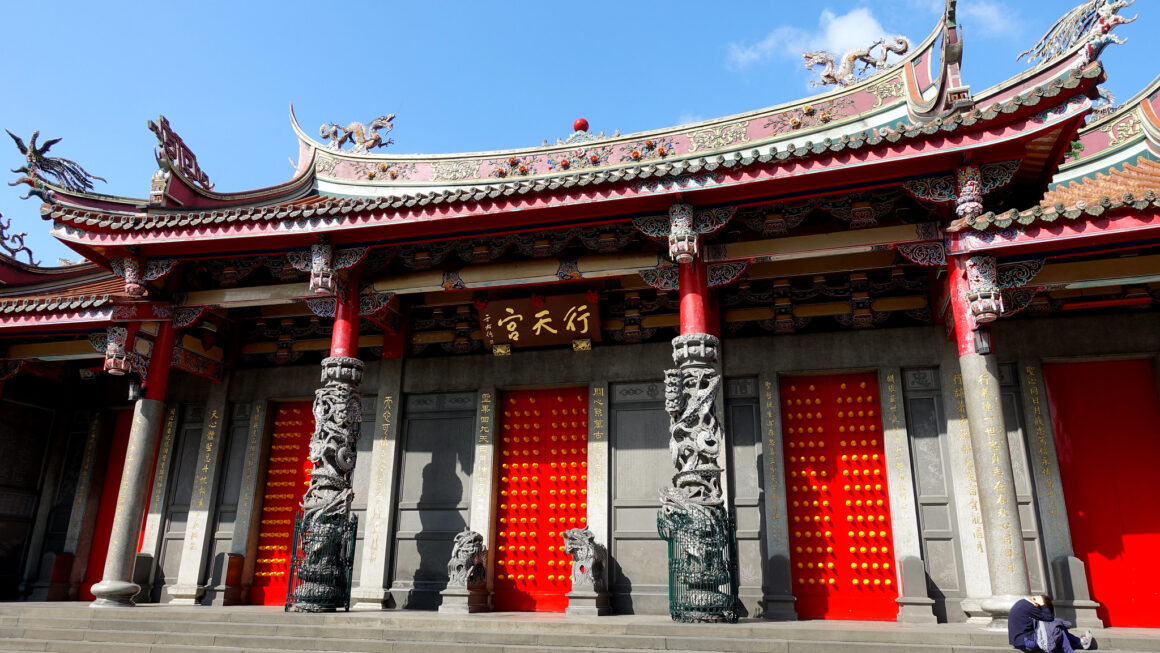
“I find it fascinating and I would like to understand it better, but I cannot act as if I believe in all of it,” he said. “Whether you fully believe in it or not is not the point anyway, it’s about doing it instead.”
(This alone shows that Thome has understood Taiwanese religious practices better than most other “inside-outsiders.”)
Confidence-boost
The positive reaction to his book in Taiwan also reveals something about Taiwan’s understanding of itself, Thome said.
“Taiwanese feel profoundly touched when a foreigner speaks positively about Taiwan,” he said. “The confidence of Taiwanese when it comes to their country is not very strong, which is understandable given Taiwan’s history. Because of this, there’s an openness toward foreigners who say, ‘You Taiwanese can be proud of your country’; it’s like a permission to be proud of Taiwan.”
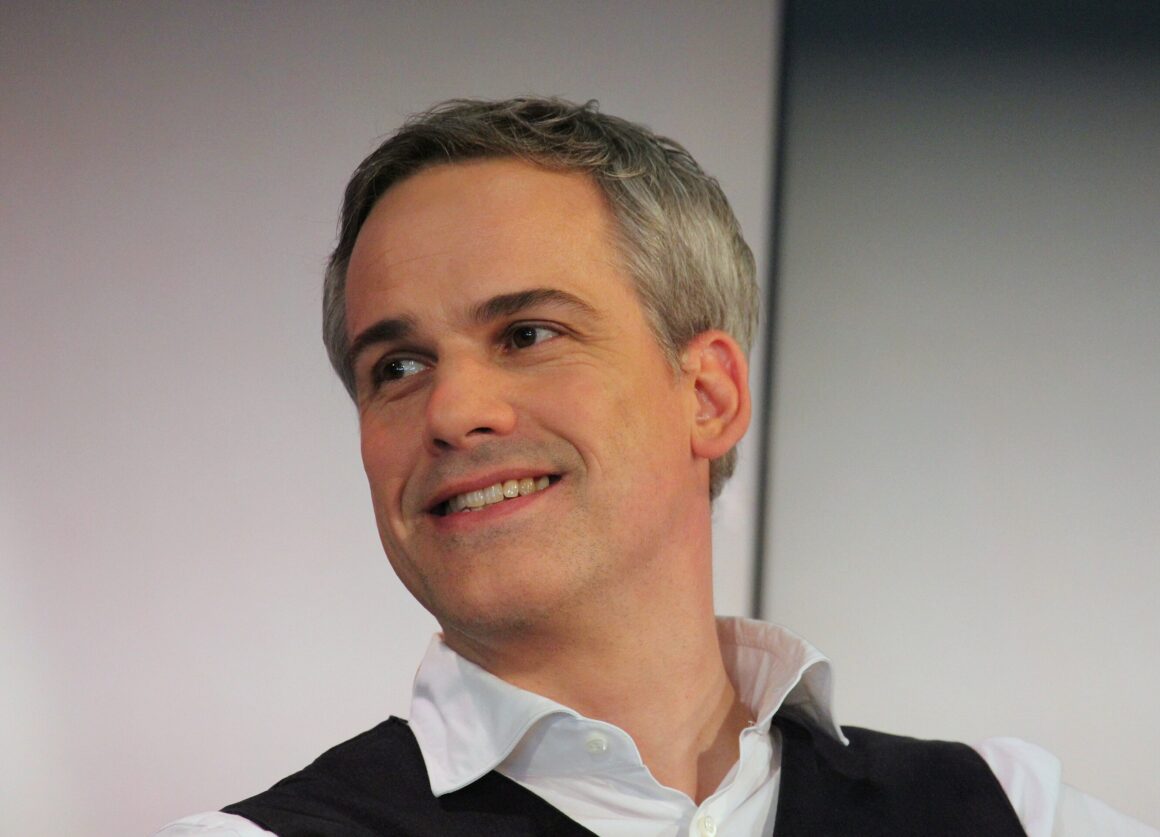
“Many people here have told me they wouldn’t dare to speak so positively about their own country,” he said, adding that it might be a general phenomenon. “I also couldn’t have written this book about Germany.”
When Thome mentions some of the negative aspects of living in Taiwan, he does so in a tongue-in-cheek way, which shows that he’s at peace even with the things that he, and many others, locals and foreigners alike, find annoying, or maybe just a bit over-the-top, such as the Taiwanese love of standing in line for hours in front of restaurants. There’s a section in his book about this, too, complete with an interpretation of it as a cultural phenomenon that needs to be taken seriously.
On a personal note, however, Thome says about these little annoyances that you just have to find a “mode to relate to them and give them the right to be as they are.”
Discovery Mindset
His book is proof that a deep dive into Taiwanese culture is really worth it for foreigners living here—and that learning Chinese is essential to feeling included. However, it doesn’t come across as overly authoritative, as a manual written from the perspective of a know-it-all.
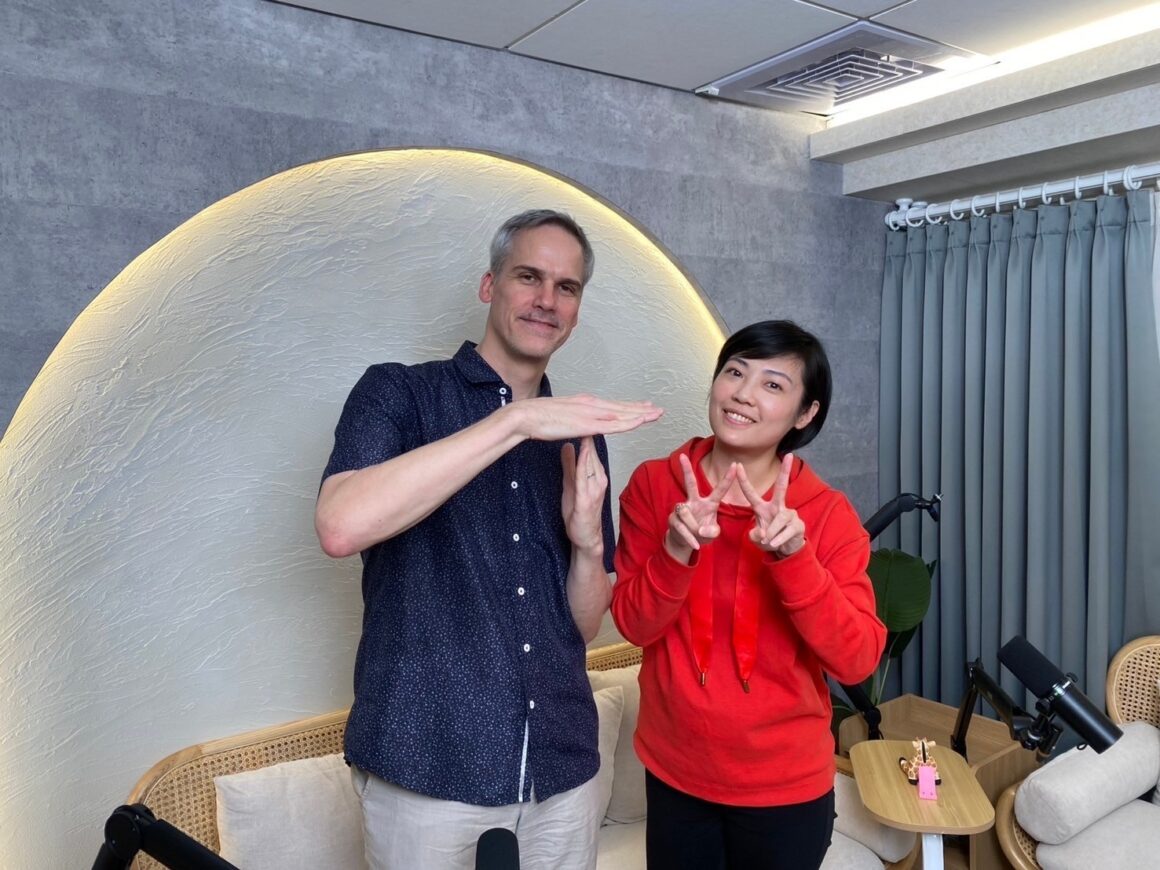
“Writing books means assuming the authority to fill 300 pages with words that are interesting enough for readers to enjoy it. You cannot do it from the perspective of having understood everything,” he said. “It’s an art to take people by the hand and help them discover something for themselves.”
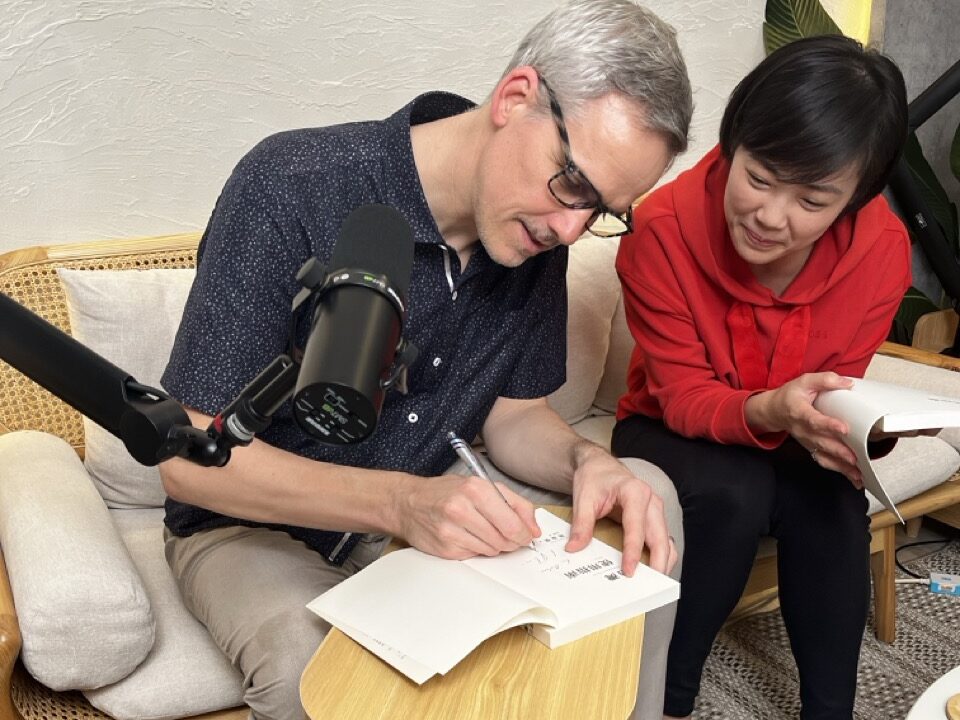
⏯️ Click the Spotify player to listen to Stephan Thome's interview on our new podcast channel.

